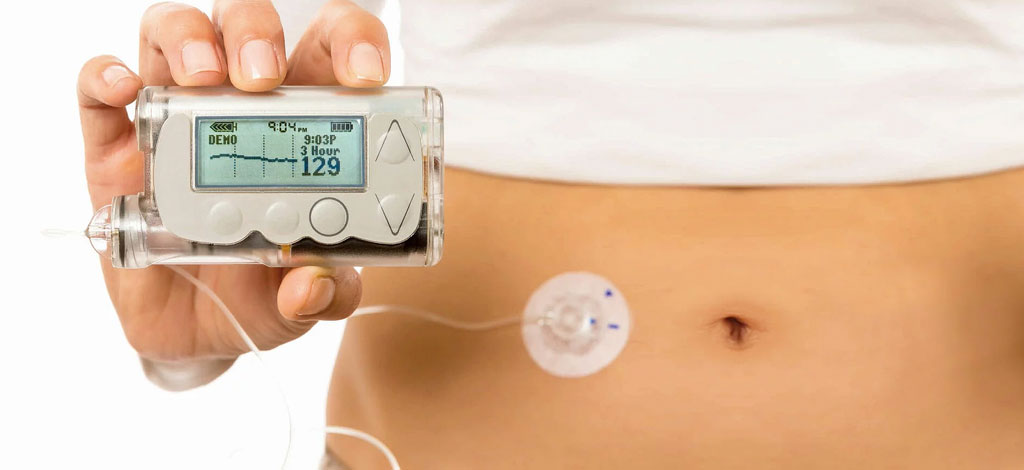Insulin Pumps
Insulin pumps are medical devices designed to deliver a continuous supply of insulin to individuals with diabetes. These devices aim to mimic the natural function of the pancreas by providing a steady stream of insulin throughout the day and allowing users to adjust insulin delivery based on their specific needs. Insulin pumps are an alternative to multiple daily injections for managing diabetes, offering greater flexibility and precision in insulin administration.
- Continuous Basal Insulin Delivery: Insulin pumps deliver a continuous and adjustable baseline amount of insulin, known as the basal rate, throughout the day and night. This helps maintain stable blood glucose levels between meals and during periods of fasting.
- Bolus Insulin Delivery: Users can administer additional doses of insulin, known as bolus doses, to cover meals or correct high blood sugar levels. Bolus doses can be programmed for immediate delivery or extended over a specified period.
- Customizable Basal Rates: Basal rates can be personalized to accommodate variations in insulin needs at different times of the day or night.
- Infusion Set: Insulin pumps are connected to the user's body through a small, flexible tube called an infusion set. The infusion set includes a cannula (a small, soft tube) or a needle that is inserted under the skin.
- Insulin Reservoir: The pump contains a reservoir that holds a certain amount of insulin. Users need to refill the reservoir regularly with insulin.
How Insulin Pumps Work:
- Precision and Flexibility: Insulin pumps offer precise control over insulin delivery, allowing users to tailor their insulin doses to their specific needs.
- Improved Blood Glucose Control: Continuous and adjustable basal insulin delivery can result in improved blood glucose control, mimicking the natural insulin release of a healthy pancreas.
- Mealtime Flexibility: Users can adjust their insulin delivery to accommodate variations in meal timing, size, and composition, providing greater flexibility.
- Reduced Injection Frequency: Insulin pumps significantly reduce the number of daily injections compared to multiple daily injections with pens or syringes.
- Smart Pump Features: Some modern insulin pumps come with advanced features, including integration with continuous glucose monitoring (CGM) systems, predictive low glucose alerts, and connectivity to mobile apps.

